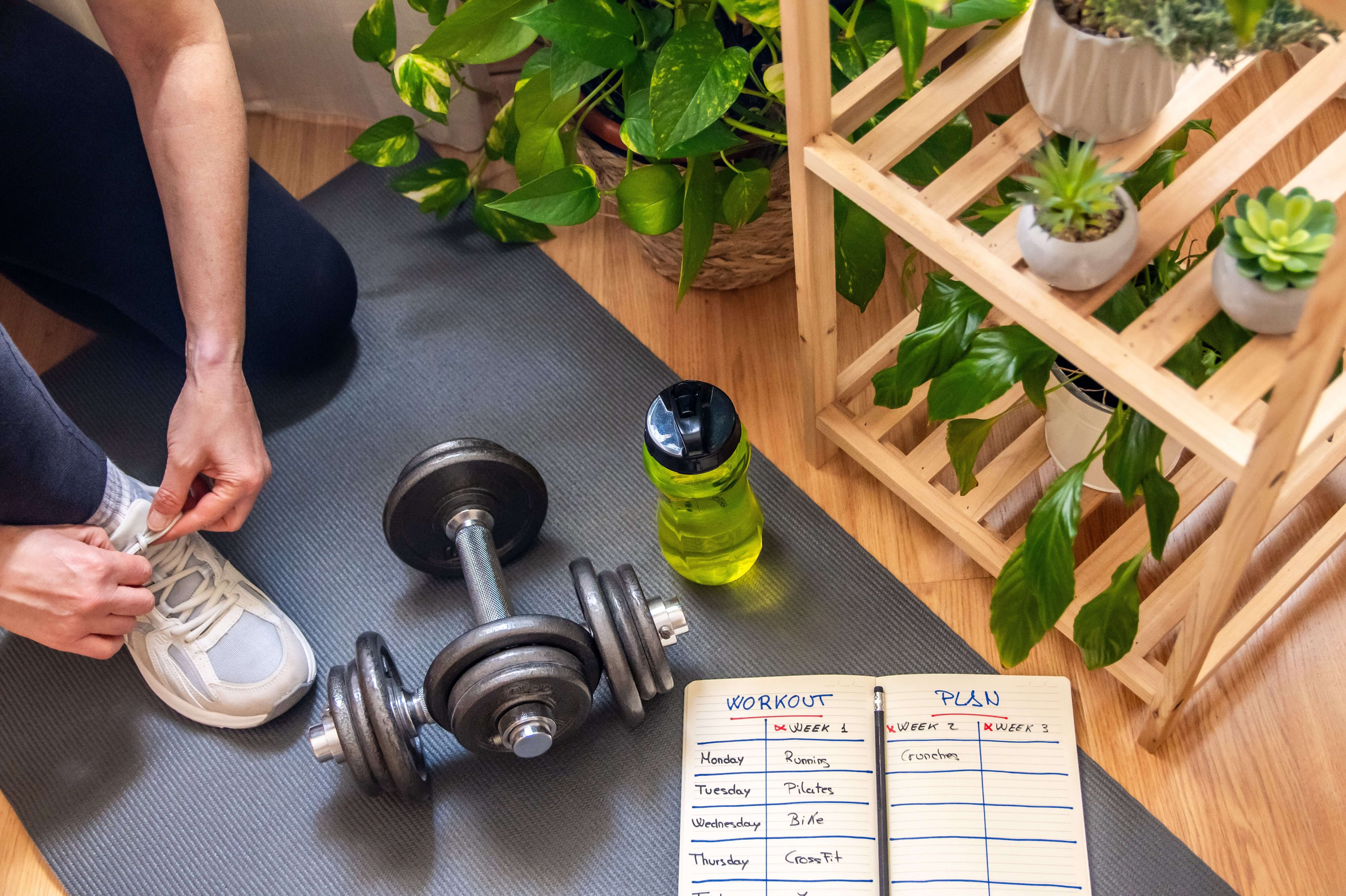
5 Daily Habits That Naturally Boost Your Energy
Do you find yourself hitting snooze multiple times or reaching for that second cup of coffee just to make it through the day? If so, you're not alone. In today’s fast-paced world and in our always-on culture, fatigue has become a common challenge. Between long workdays, digital overload, and inconsistent routines, it’s no surprise that many people find themselves drained before the day is done. While some may rely on an energy supplement to get through, supporting energy doesn’t always require drastic changes or stimulants. Instead, it starts with building consistent, evidence-based habits that naturally support the body’s energy systems.
This article explores five practical and research-supported ways to promote daily energy and mental focus. These habits target lifestyle factors like sleep, hydration, and nutrition to help you feel more alert, focused, and balanced.

1. Start Your Day with a Stabilizing Morning Routine Mornings help set your internal biological rhythm—also known as your circadian rhythm. A consistent routine helps balance hormones like cortisol and melatonin, which influence both wakefulness and sleep.
Some helpful strategies to start the day include:
- Waking up at the same time each day, even on weekends
- Getting exposure to natural sunlight within the first 30 minutes
- Drinking water before reaching for caffeine
- Doing light stretching or walking to stimulate circulation
A strong morning routine can improve cognitive function, boost mood, and help the body feel more alert without needing to rely heavily on caffeine.

2. Improve Sleep Hygiene for Better Energy Tomorrow Sleep is a critical foundation for physical energy and mental clarity. Poor sleep can increase stress hormones, reduce insulin sensitivity, and impair memory and focus.
To improve sleep quality:
- Stick to a consistent sleep schedule
- Avoid screens and stimulating activities at least one hour before bed
- Limit caffeine, alcohol, and large meals late in the evening
- Create a sleep-conducive environment (cool, dark, and quiet)
Adults generally need 7 to 9 hours of sleep per night. Better sleep supports the body’s ability to recover, recharge, and maintain steady energy throughout the next day.

3. Focus on Nutrients That Support Energy Metabolism Certain vitamins and minerals play essential roles in converting food into usable energy. For example:
- B vitamins (B1, B2, B6, B12): Aid in breaking down carbohydrates and fats
- Magnesium: Supports nerve and muscle function
- Coenzyme Q10: Involved in cellular energy production
- Iron: Essential for oxygen transport in red blood cells
Eating a nutrient-dense diet with whole grains, leafy greens, nuts, seeds, and lean proteins can help meet these needs. In cases of deficiency, supplementation may support better energy regulation.

4. Support Mental Focus with Structured Workflows and Nutrition Energy isn’t just physical—mental fatigue can be equally challenging. Techniques that support mental clarity include:
- Breaking tasks into focused work blocks with short breaks
- Reducing multitasking to preserve cognitive resources
- Eating snacks rich in protein, healthy fats, and antioxidants (e.g., Greek yogurt, nuts, berries)
- Staying hydrated to prevent dips in concentration
Omega-3 fatty acids, iron, and iodine also contribute to brain health and focus. Ensuring adequate intake of these nutrients supports both short-term alertness and long-term cognitive health.

5. Hydration and Movement: Simple, Powerful Habits Mild dehydration is a common but often overlooked cause of fatigue. Water is essential for maintaining blood volume, regulating body temperature, and supporting cellular function.
Aim for 8–10 cups of water per day, more if you’re physically active. Add natural flavor with lemon or cucumber if needed.
Light, regular movement can also reduce fatigue. Consider stretching, short walks, or standing up every 30–60 minutes if you work at a desk.
Putting It All Together: A Simple Energy Routine If you’re not sure where to start, try implementing these five small changes over the next week. Track how your energy levels respond and make adjustments as needed. Even modest lifestyle shifts can lead to meaningful improvements in how you feel, think, and perform.




